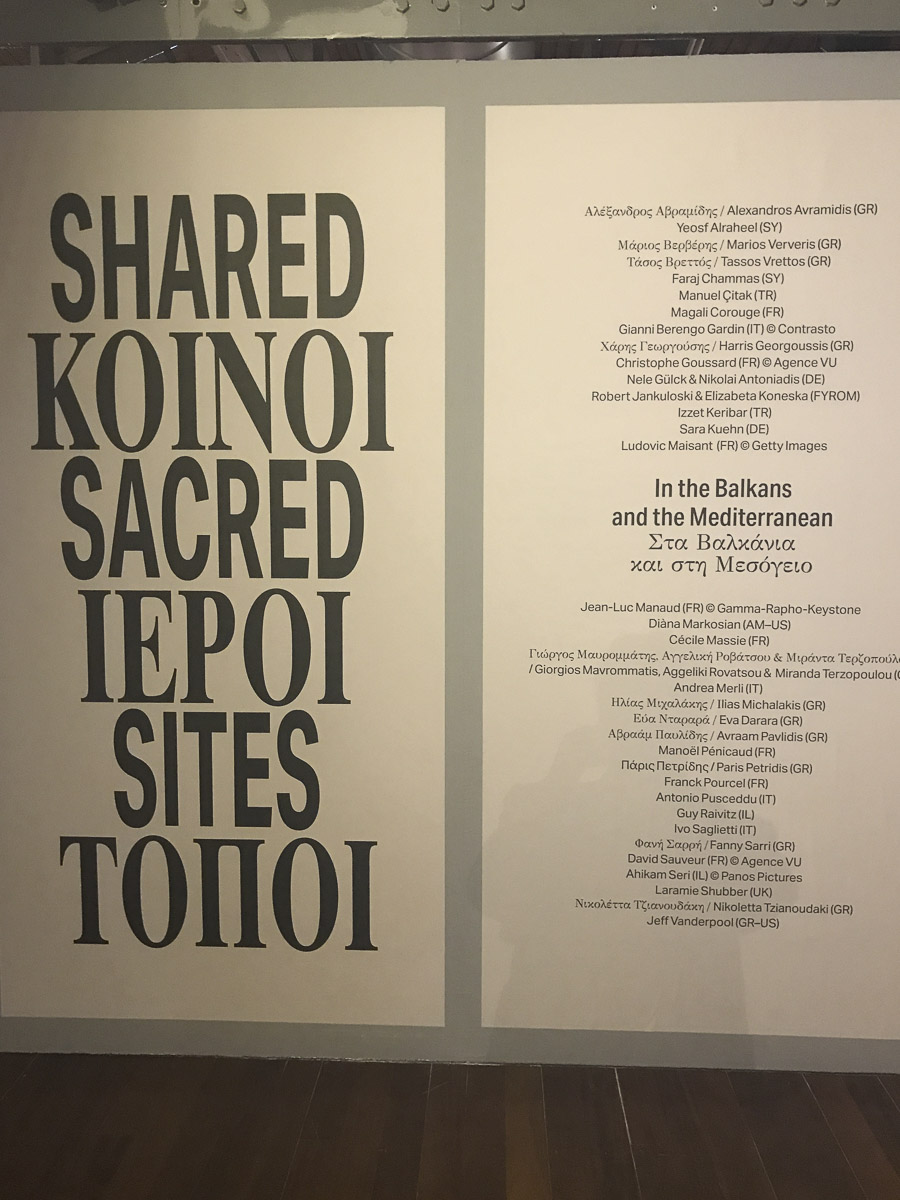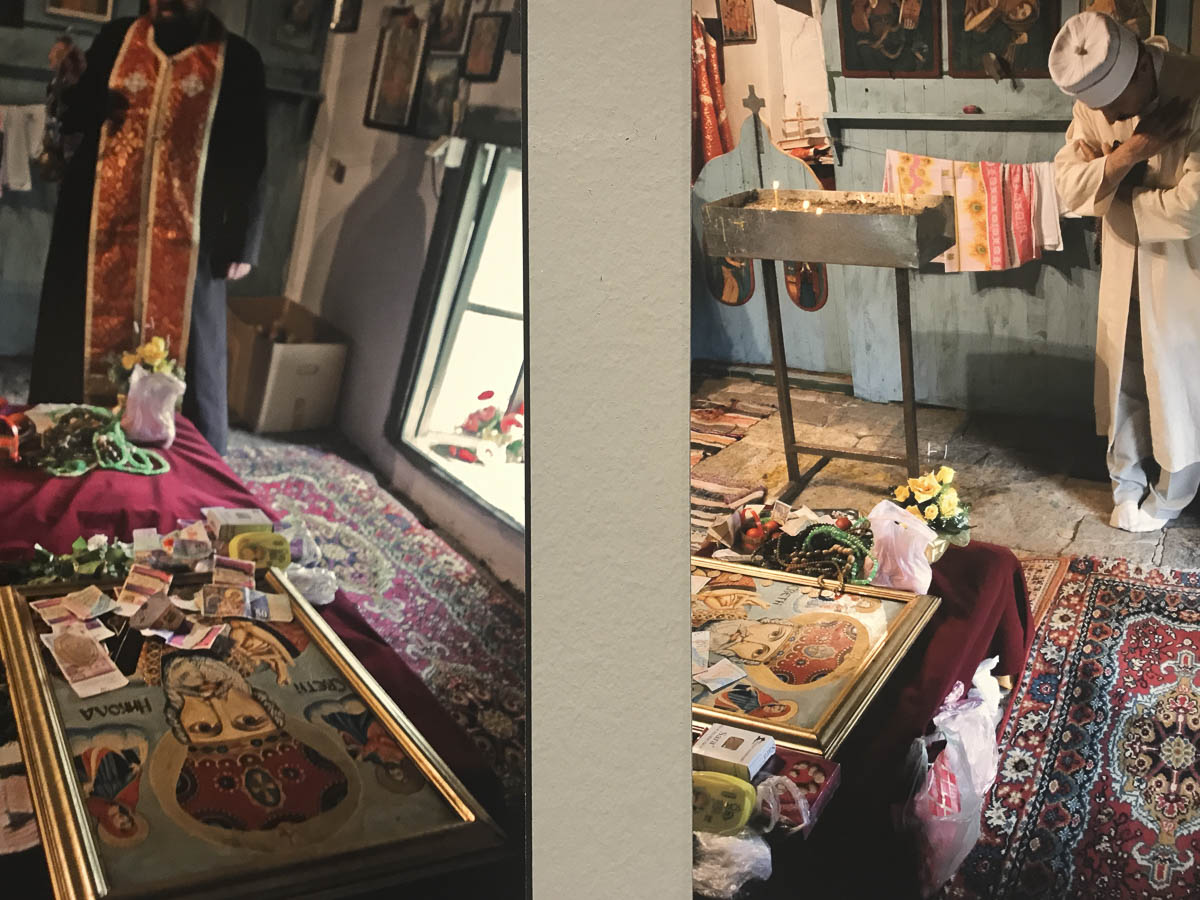SECURITY IN THE WESTERN BALKANS AND BEYOND
Security became more and more an important issue in European politics. And that concerns hard, military security and even more soft security which is often not so soft. The Western Balkans is an area where many of these security issues are relevant not only for the region itself but also beyond, for all Europe. As often in the past the region is in the centre of the attention for many players outside the region itself. Even if the US is somewhat reducing its attention for the Western Balkans the EU, Russia and Turkey are often competing with each other about influence and sometimes with strong inferences.
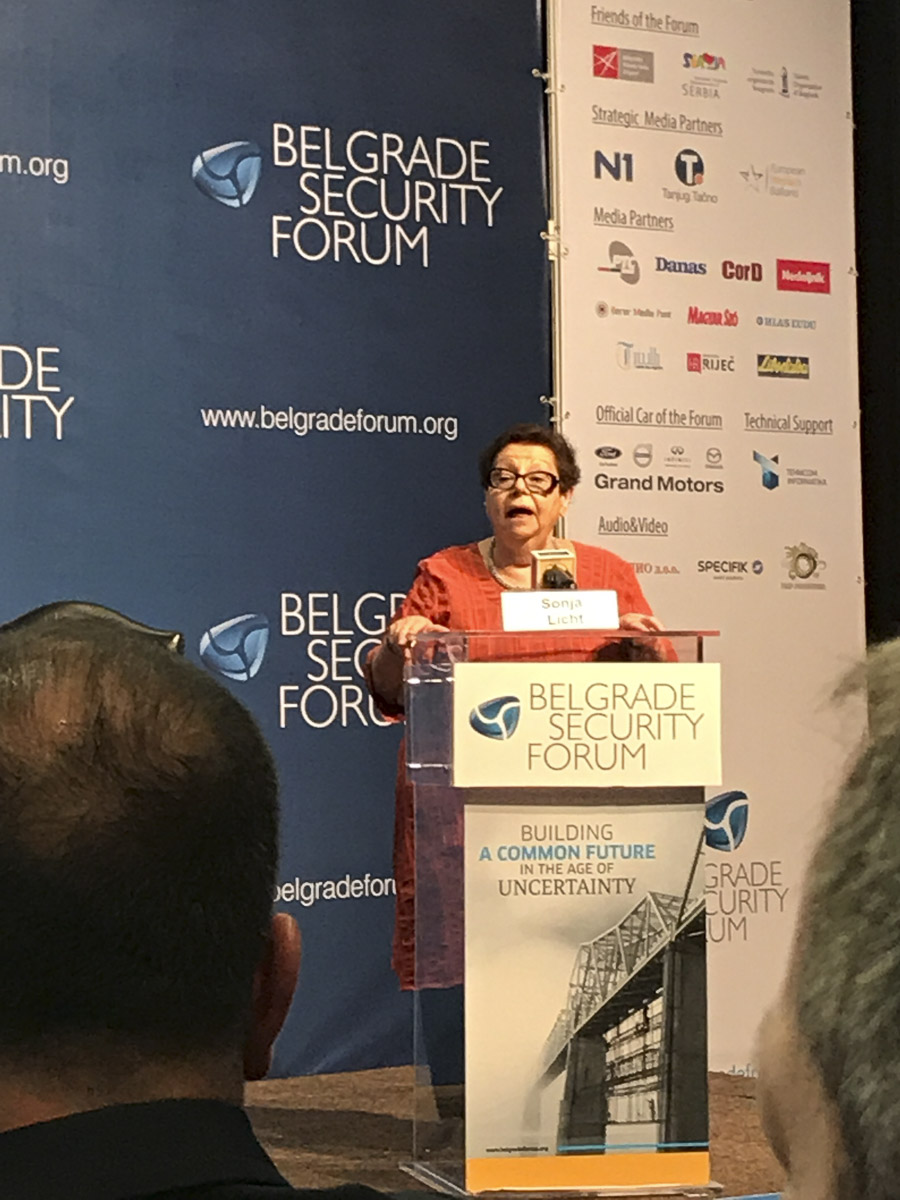
Serbia and NATO
The Belgrade Security Forum 2017 in October dealt with all these issues and that was reason enough to accept an invitation to participate. The hard, military issues were dealt with primarily in an interesting discussion between the Serb Prime Minister and the Deputy Secretary General of NATO. Both ladies were agreeing that there’s a good cooperation between Serbia and NATO in spite of Serbia’s military neutrality. It was interesting to hear that military exercises with NATO and/or the US are happening much more frequently than with Russia. Serbia tries to have a balanced position and of course accepts fully the – existing and planned – membership of their neighbors in NATO.
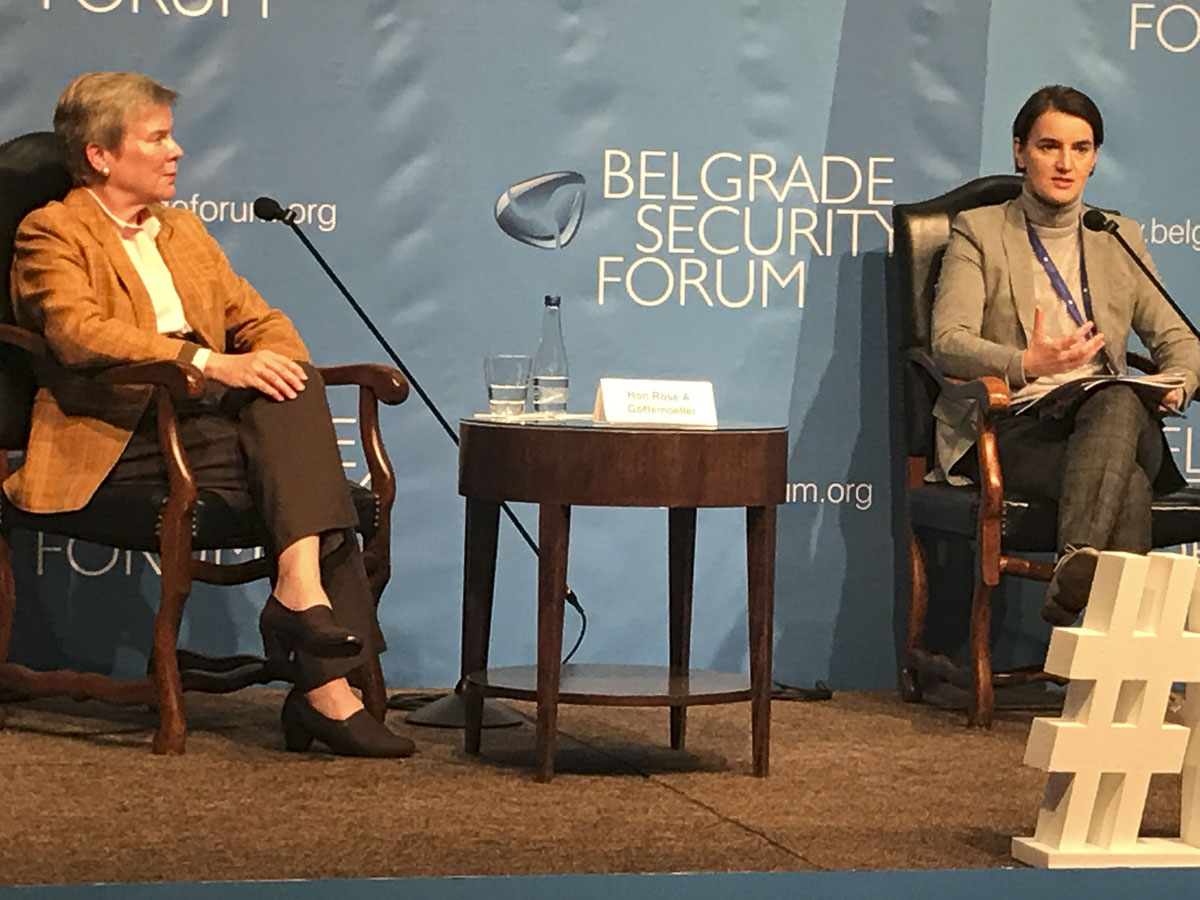
Form Non-Alliance to Neutrality
The military neutrality of Serbia reminds me of the non-allied character of Yugoslavia and the respective worldwide movement which was strongly supported by Yugoslavia and its president Tito. And that can be seen also in the Belgrade museum of African Art. Tito’s ambassador to Ghana brought many objects from Africa to his home country. The museum shows not only these objects but indirectly shows strong links of the former Balkan „federation“ under the headline Yugoslavia with African countries beyond colonialism. Unfortunately many of the anti-colonial fighters were either killed like the Kongolese Prime Minister Patrice Lumumba or have been transformed into autocrats and dictators like the short time Algerian President Ben Bella and Ghana’s President Kwame Nkrumah. But neither in Africa nor in Europe including the Balkans authoritarian governments are belonging to the past.
Coming back to the present security situation, Serbia is another case where it becomes clear that there will be no full and complete NATO membership of European countries. And anyway NATO is not a very cohesive organization with members like Turkey and Hungary and also the US with President Trump. But also being critical concerning many aspects of NATO one can be happy that it exists. But it never will be a comprehensive European defence organization and it should seriously think about how Russia could be brought into an all European security organization together with NATO.
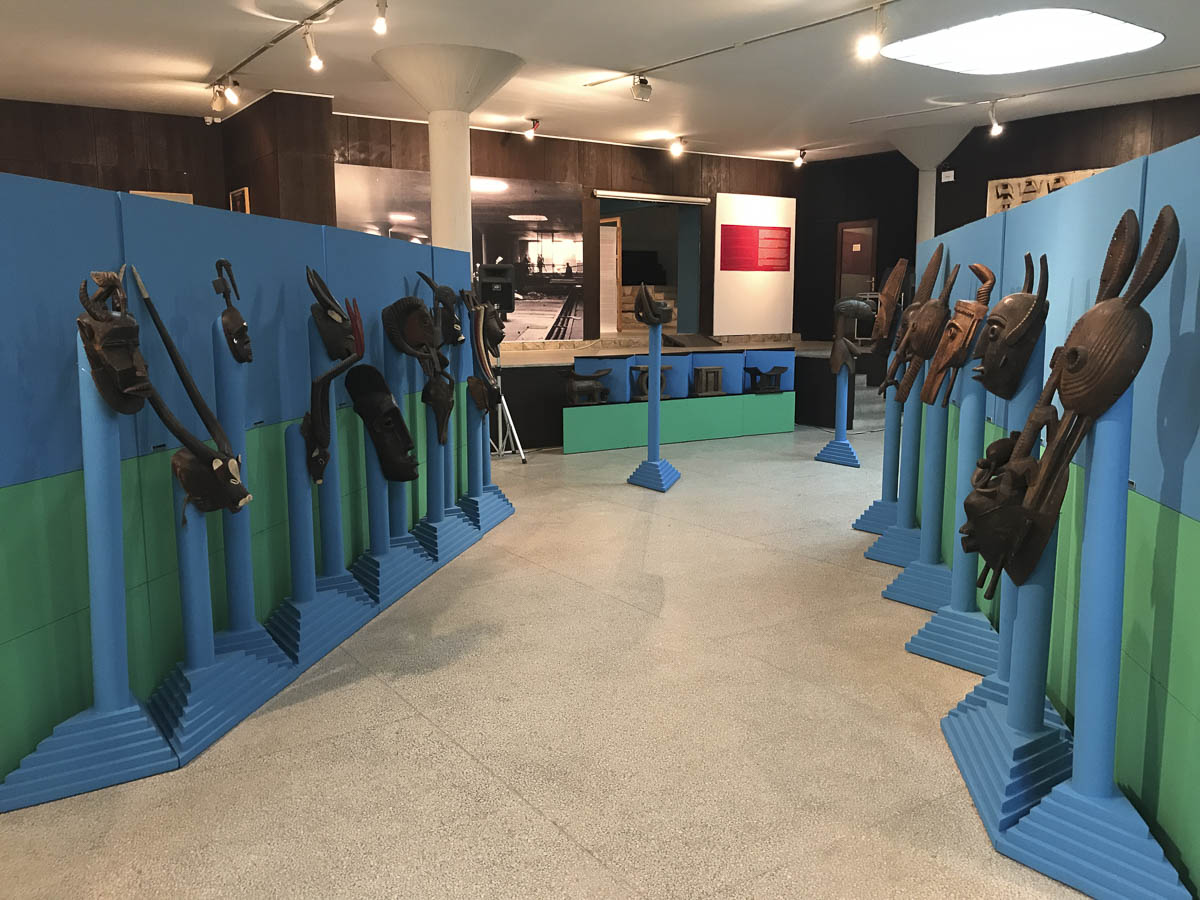
The future of the Berlin Process
Of course the Berlin process started by Merkel and Steinmeier and continued then by Austria has been a subject of intensive discussions especially with the Serb foreign minister Ivica Dacic, the foreign minister of Bosnia & Hercegovina and several representatives from the EU. The Berlin process concentrates itself on the economic issues and wants especially to strengthen the connectivity between the countries of the region. In that direction leads also the principal decision at the Trieste summit of the Berlin process with its proposal to create a Regional Economic Union in the Western Balkans. But this principle agreement has to be transformed into reality and there are still lot of difficulties to overcome. Especially the necessary infrastructure for creating optimal conditions for such a community needs more financial resources. The investments of the Chinese may be helpful but they are planned in the interests of the Chinese and their project of the new Silk Road or One Belt, One Road linking China’s economy to the European markets.
An EU – Western Balkan Security Space
Besides hard security and enhanced economic links the region needs more connections with the EU in advance of full membership. At the meeting in Belgrade – like at that in Struga/Macedonia – some proposed a quick accession to the EU without all the conditions fulfilled. But that is unrealistic and does not respect the criteria and purpose of the EU. But a innovative version of sectoral accessions with a step by step process towards full membership should be considered. The proposal which I did put forward in Struga of a Common EU – Western Balkan Security Community – could be one possibility. The soft security issues from cybercrime to trafficking of people, weapons and drugs and also the question of radicalization of some youngsters in the region are common threats for our security and should be dealt with commonly. We need steps forward to overcome some of the disappointment and fatigue in the region. In addition, the closer we can bind and connect the region to the EU – without forgetting and deleting the criteria of accession – we can limit the influence of Russia and Turkey who are at present trying to undermine the EU accession process or at least promote „values“ and principles different and often in contradiction to the EU principles.
The youth as agent for change
The Paneel I was invited to was particularly interesting as it was one where some young actors of the region were presenting their ideas of change. These young people of Serbia, Macedonia, Croatia and Bosnia & Hercegovina were extremely critical in their analysis and open minded in their readiness to help to change their societies. Of course there is always the danger that good and well qualified people leave the Western Balkans. That they leave would not be so bad, but they should return and bring their knowledge and experience with them back to the countries of their origin. The youth could and should be the agents of change and by change one should understand to create open-minded and democratic societies.
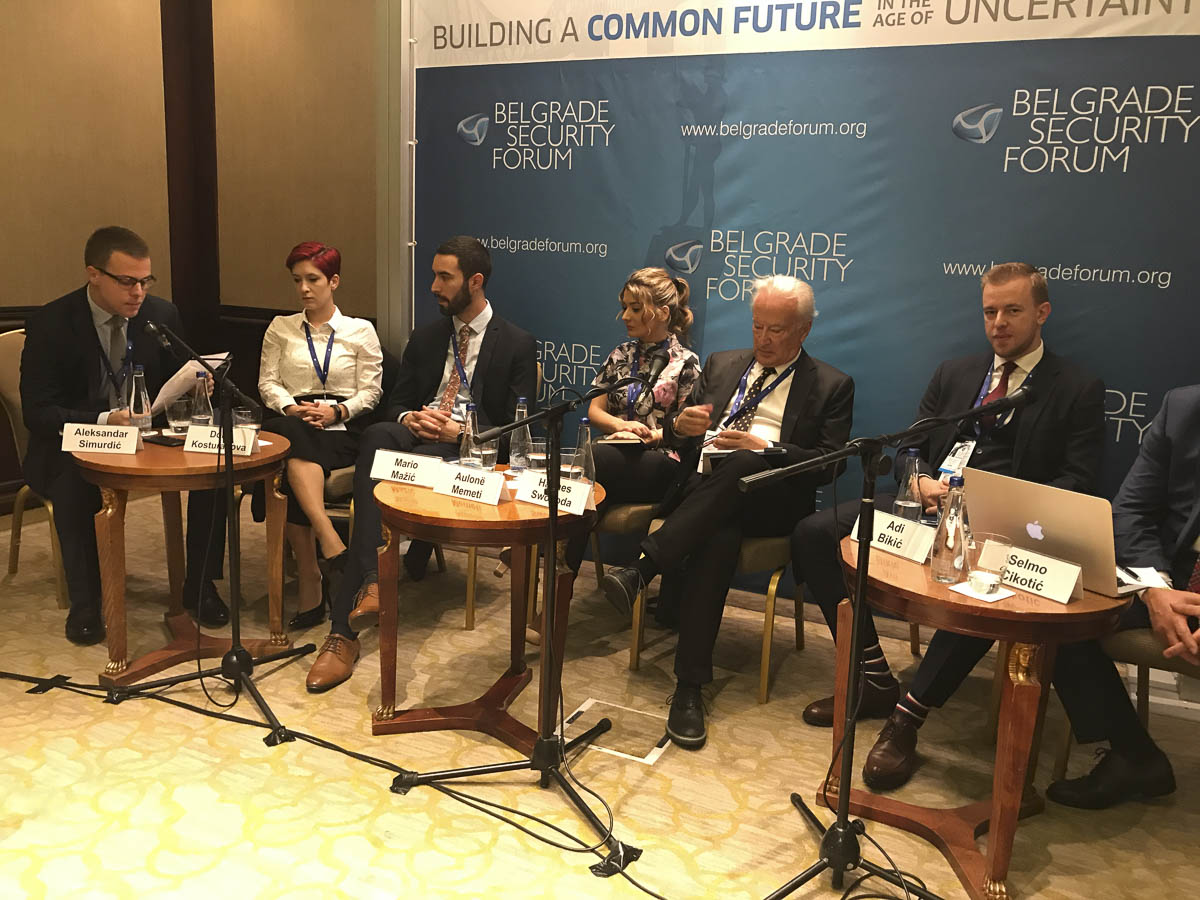
Incomplete task of reconciliation
From Belgrad I went directly to Saloniki. As I followed Erhard Busek – and on his proposal – as president of the Center for Democracy and Reconciliation I have the obligation to care also for the financial resources. And that is due to the financial situation of states but also of many private companies not so easy. But the Center does a valuable and concrete work by organizing TV debates across the Balkans state borders and is publishing non-partisan history books with a diversity of opinions about historic events in the region. And this should be supported and I hope we can find some financial resources to continue it’s work beyond its 20th birthday in 2018. Because we are far from complete with the task of reconciliation, again and again nationalistic forces are trying to gain influence and power by creating new conflicts.
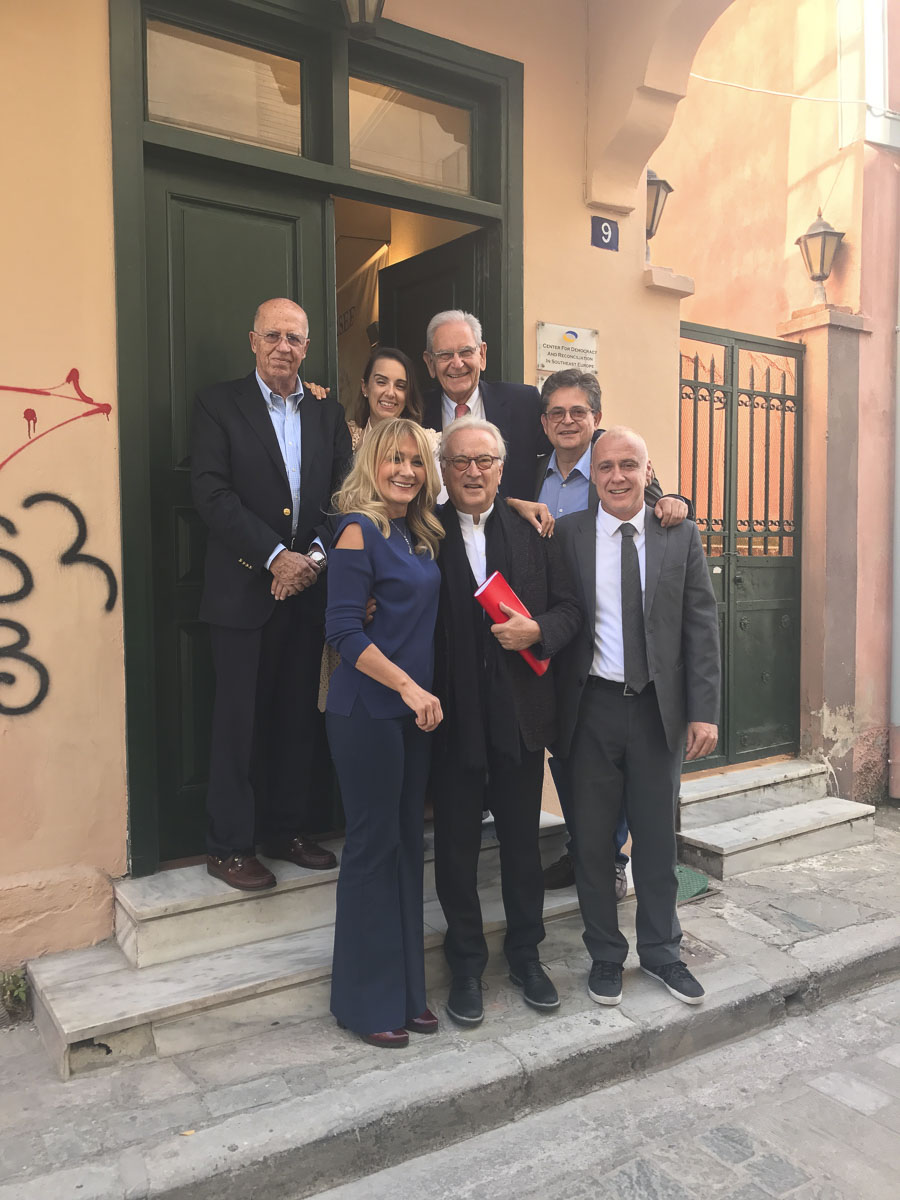
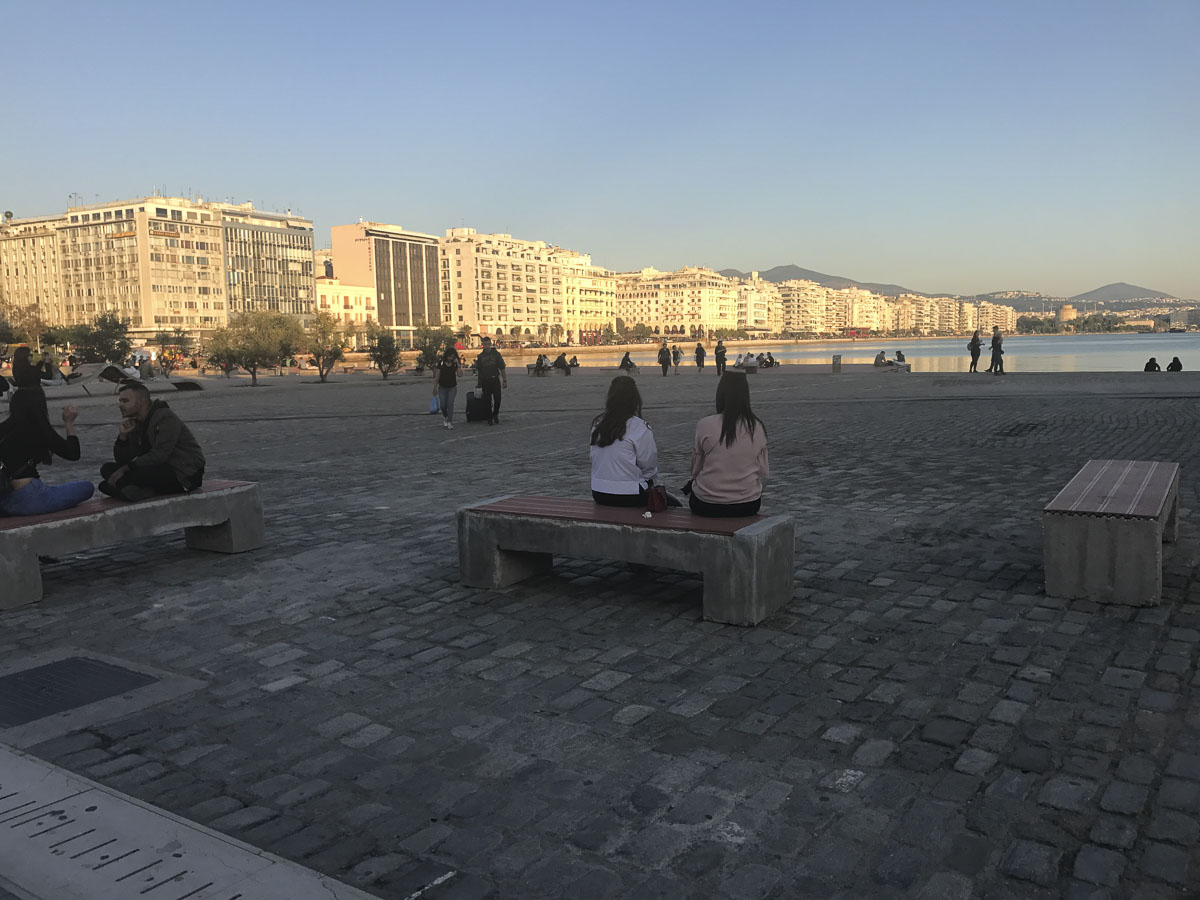
In a short break of our deliberations at the Center I visited an exhibition in the Photography Museum. It demonstrated the close relationship of three religions, Christian, Muslim and Jewish in the beginning of their developments and sometime even today. It contradicts clearly the opinion of „religious“ extremists who always see their religion as in strong contrasts to other beliefs and often as superior to the other religions. Extremism and radicalism is rather a modern concept and not so much embedded in the origin of religion. In many ways at least it was often usual that people with different beliefs could live together peacefully. And still today you find some holy places in the Balkans and the Mediterranean region which are used by different religions at the same time. They do not need reconciliation, they are clever enough to respect each other already for a long time.
